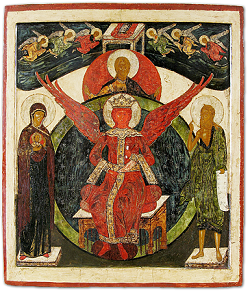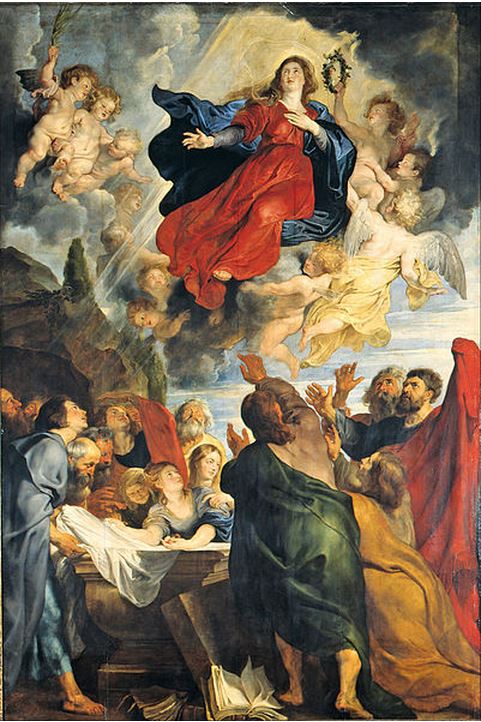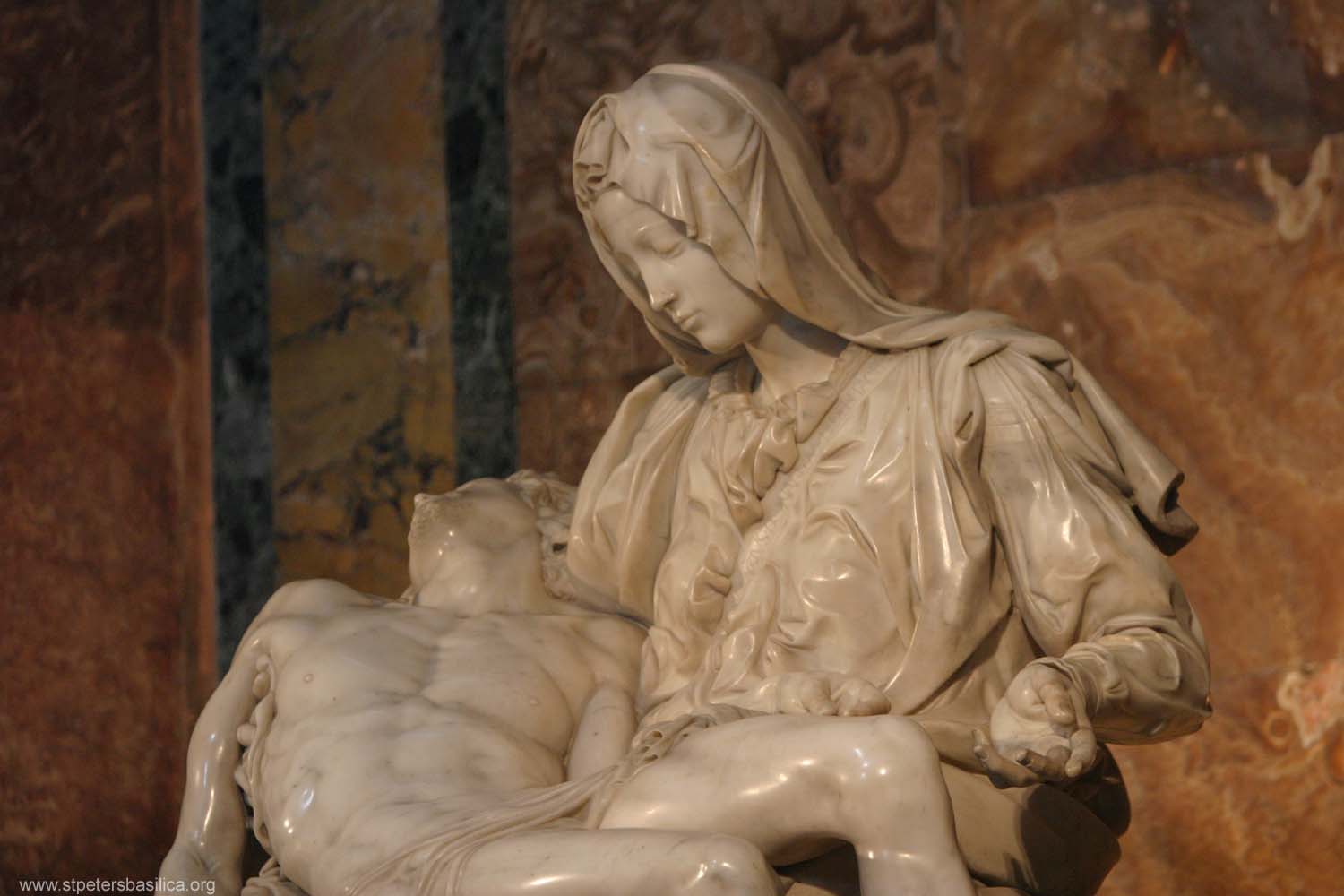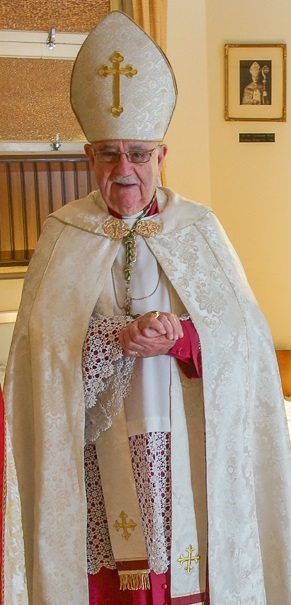|
August services at St Michael and All Angels
Sunday 6 August, 8th Sunday after Trinity
Colour: Green
Intent: Wisdom
Sunday 20 August, Assumption of Our Lady
Colour: White
Intent: Devotion
Sunday 3 September, 12th Sunday after Trinity
Colour: Red
Intent: Self-dedication
Sundays with no service at St Michael’s:
Sunday 13 August, 9th Sunday after Trinity
Colour: Green
Intent: Confidence
Sunday 27 August, 11th Sunday after Trinity
Colour: Green
Intent: Discernment
Trinity Sundays for the month of August
The four Sundays in August, starting with the 8th Sunday after Trinity on the 6th August, have the intents Wisdom, Confidence, Devotion and Discernment. The Sundays of Trinity with their respective Intents have linked Epistles and Gospels and Collects which, together, provide us with a rich source of content for reading, assimilation, reflection and meditation. Following such an inner journey, which invariably is accompanied by some reconstruction of our world view(!), we can put these “tools of perception” into action in our daily lives. If we consequently experience some ongoing adjustments and refinements to our thoughts and actions, we know that this is a good sign that progress is being made.
This morning (6 August) we discussed “Wisdom”, which is the first of the Intents for August. During our discussion associated with the sermon, questions from the Eucharist participants ranged through “What is the difference between knowledge (eg collected as Big Data) and genuine Wisdom?”, “Where does Wisdom arise from?”, “How do we develop Wisdom?”, and “How do we discern that we are growing in and with Wisdom?”.
All participants in LCC liturgical services have the opportunity to explore and express their personal views of the Intents, while experiencing and working with the Celebrant in the service as “co-creators with God”. What a privilege this is, what an opportunity for personal growth, and a gift, both for us and the communities we interact with.
The Assumption of Our Lady
This year the Festival is celebrated on the 15th August, with Sunday 20th falling within its octave. The Assumption, celebrates the conclusion of Mother Mary’s human existence on earth. For some, perhaps, this Festival, where Mary’s body ascends into heaven, presents some theological, scientific and materialistic challenges. With most Festivals of this nature it is always wise to look to the deeper truths of the symbolism.

Assumption by Peter Paul Rubens
Amongst the extensive writings of Bishop C.W. Leadbeater, one of the Founding Bishops of the Liberal Catholic Church, I have found “The Inner Side Of Christian Festivals” (2nd Revised Edition, 1973) to be very useful and illuminating. In this book, the chapter on “Feasts of Our Lady” (starting p200) sets out three broad areas of meaning and perspective which, paraphrased, are:
1. Mary as the mother of Jesus,
2. The cosmological concepts of the “Virgin Mother” over whom moved the Spirit of God,
3. The feminine aspect of the Deity.
As Bishop Leadbeater points out in this section, Christianity historically comes from the Middle East, where a poetic form of expressing deep truths is an accepted medium for reaching personal understanding. I have personally found such means to be very effective. The lyricism, form and content of poetry can bypass the rational mind and plant seeds of future growth leading to well-founded rational beliefs.

Pieta by Michelangelo
Taking the perspective at a human level of Mary as a mother contemplating the crucifixion of her son, Jesus, we can imagine the incredible pain and anguish that she experiences. As captured by artists, Mary looks through and beyond this human tragedy to the deeper picture. The “Pieta” by Michelangelo captures the human/divine moment in a sublime way.
Thinking of Mother Mary’s journey on earth, and as an example of poetry and its means of providing understanding, I quote, in part, a section of “the Prophet” by Kahlil Gibran (p68, Penguin Edition, 1992):
“And a woman spoke, saying, Tell us of Pain. And he said: Your pain is the breaking of the shell that encloses your understanding. Even as the stone of the fruit must break, that its heart may stand in the sun, so must you know pain.
……
Therefore trust the physician and drink his remedy in silence and tranquillity. For his hand, though heavy and hard, is guided by the tender hand of the Unseen.”

Bishop James retires
On the last weekend in July, Archbishop Graham and I were in Perth to honour the 50 years of service to the Liberal Catholic Church of Bishop James and to commemorate his retirement.
The celebration of Bishop James’s achievements were a highlight of the weekend, and although such milestones are always tinged with some regret as one role is exchanged for another, everyone present there in Perth and LCC members around the world wish James a very happy and fulfilled retirement.
With God's blessing
|